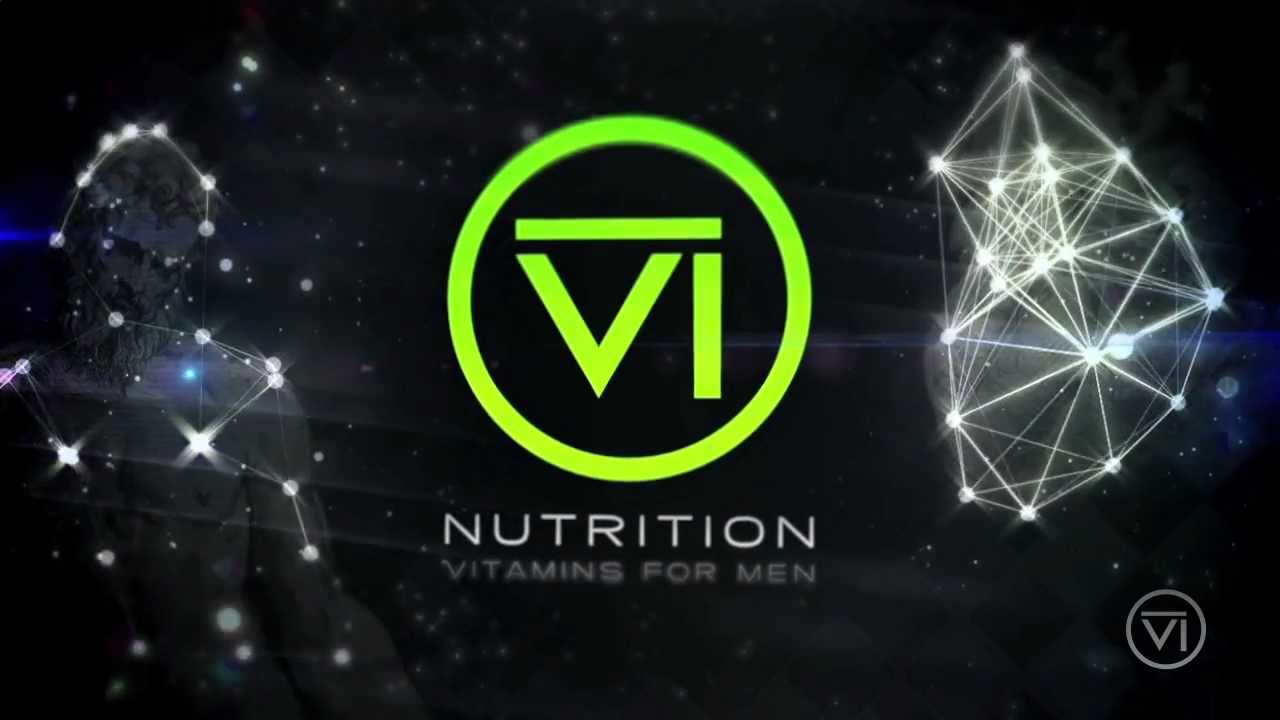Dangerous Multivitamin Side Effects
There is a first rule we all should always have in mind and that is that all medications, whether multivitamins or not, have side effects. However, the safety margin of vitamins like other medication is determined by the severity or number of side effects involved. Some vitamins when given an overdose can have mild side effects while others have numerous and / or severe side effects.
It is advised that people should seek emergency medical help if they notice any of these signs of allergic reactions: hives; difficulty breathing; swelling of your face, lips, tongue, or throat, urticaria rashes, itching, tenderness in the fingers, abdomen etc.
When taken as directed, multivitamins are not expected to cause serious side effects, except when over dosing is involved or when it is contraindicated. Less serious side effects may include: upset stomach; headache; or bad taste in your mouth.
It will be impossible to mention all the individual side effects of each vitamin here but a few and important ones will be looked into.
Vitamin C: Many people will not believe that vitamin C can be harmful. It is of course, but only when it is being abused. Daily dose of vitamin C is between 600-800mg for up to 2 weeks. However, many people are fond of throwing in a tablet or two every now and then, and with the flavored formulation now available, it is easily abused. There is adequate evidence to show that excessive intake of vitamin C may lead to renal stone formation; a condition that may lead to renal failure if not properly managed.
Vitamin C excess can acidify our body fluid and lead to metabolic acidosis, a condition that can lead to dehydration and may be harmful to the body.
Iron: There is no specific side effect associated with a particular brand of multivitamin except in a very few cases like in the case of iron and copper. Overuse of iron leads to iron intoxicity. This is also known as iron poisoning and is responsible for a fibrotic situation of the liver called Hemochromatosis. Advanced conditions like kidney stones, liver Cirrhosis, cancer etc. are only late outcome of vitamin abuse. Overdoes of most metal nutrients will usually lead to organ failure in the long run.
Potassium: It is included in some multivitamin formulation and if taken in excess, may result in hyperkalemia a condition that could lead to heart block even in normal people.
Calcium: Abuse of calcium in any form is well documented to be capable of forming several forms of stones like Gall Stones, or renal stones which could occur anywhere along the renal system (kidney, ureter or bladder). An early side effect of excess calcium may also be seen as a cardiac problem, constipation and abdominal pains. So multivitamins containing calcium should not be taken without a doctor's prescription.
Side effects concerning Vitamins A, B, D and E are not very well know but do exist.
The interaction of certain vitamins with other medications taken concurrently could cause an otherwise harmless medication to become harmful. Multivitamin supplements like calcium or iron are well known for this by either increasing or decreasing the rate of absorption of the drug into the body. This form of interaction may have negative outcome. Because of the potential interaction, it is a good practice to take your vitamin and mineral supplements a few hours after taking your prescription medicines. A well known example is the binding of calcium with tetracycline.
Vitamin K overdose is suspected to have the ability to affect some processes in the clotting system in man. Though this is not very well established.
Magnesium overuse is popularly known for causing diarrhea . Zinc and other metals in high amounts are very dangerous to the body and their side effects may vary from tooth staining, polyuria (increased urination), stomach bleeding, cardiac arrhythmia (uneven heart rate), confusion, and muscle weakness.
Generally, the subject of side effects of multivitamins are not very popular as most vitamins have high safety margin. So the interest is mainly on the kind of drug interaction that occurs. Many ingredients of multivitamins are cofactors. For example, Coenzyme Q10, and catalyzes certain chemical reactions in the body. Excessive intake may cause exaggeration of these chemical reactions.
It is not common for multivitamins to cause the sudden seizure reaction. Some may result from interactions like this, it is therefore important that if you notice anything strange, like dizziness or twitching in your muscles after multivitamin consumption, seek medical help quickly.
Dangerous Multivitamin Side Effects by Cynthia Wang-Tan




